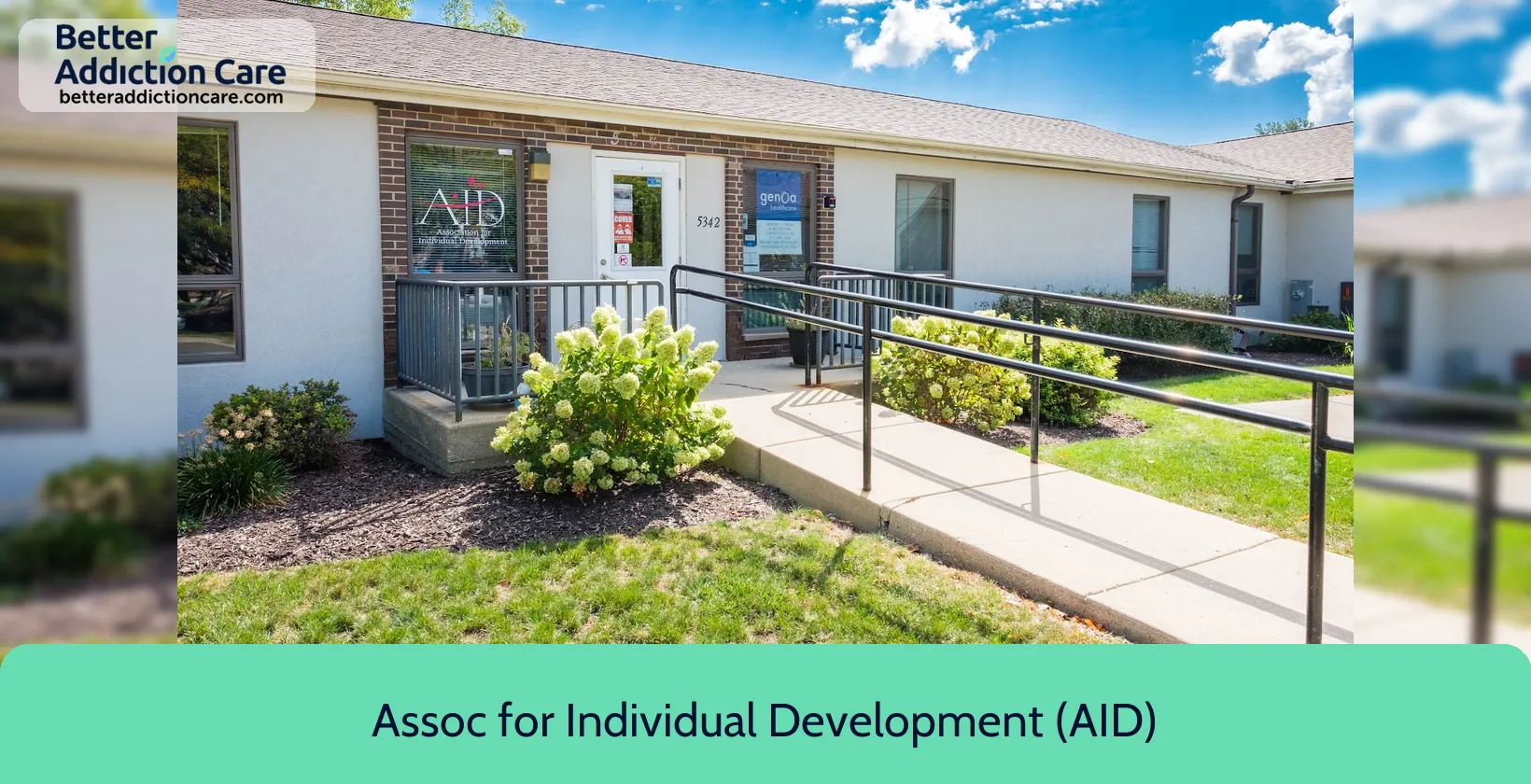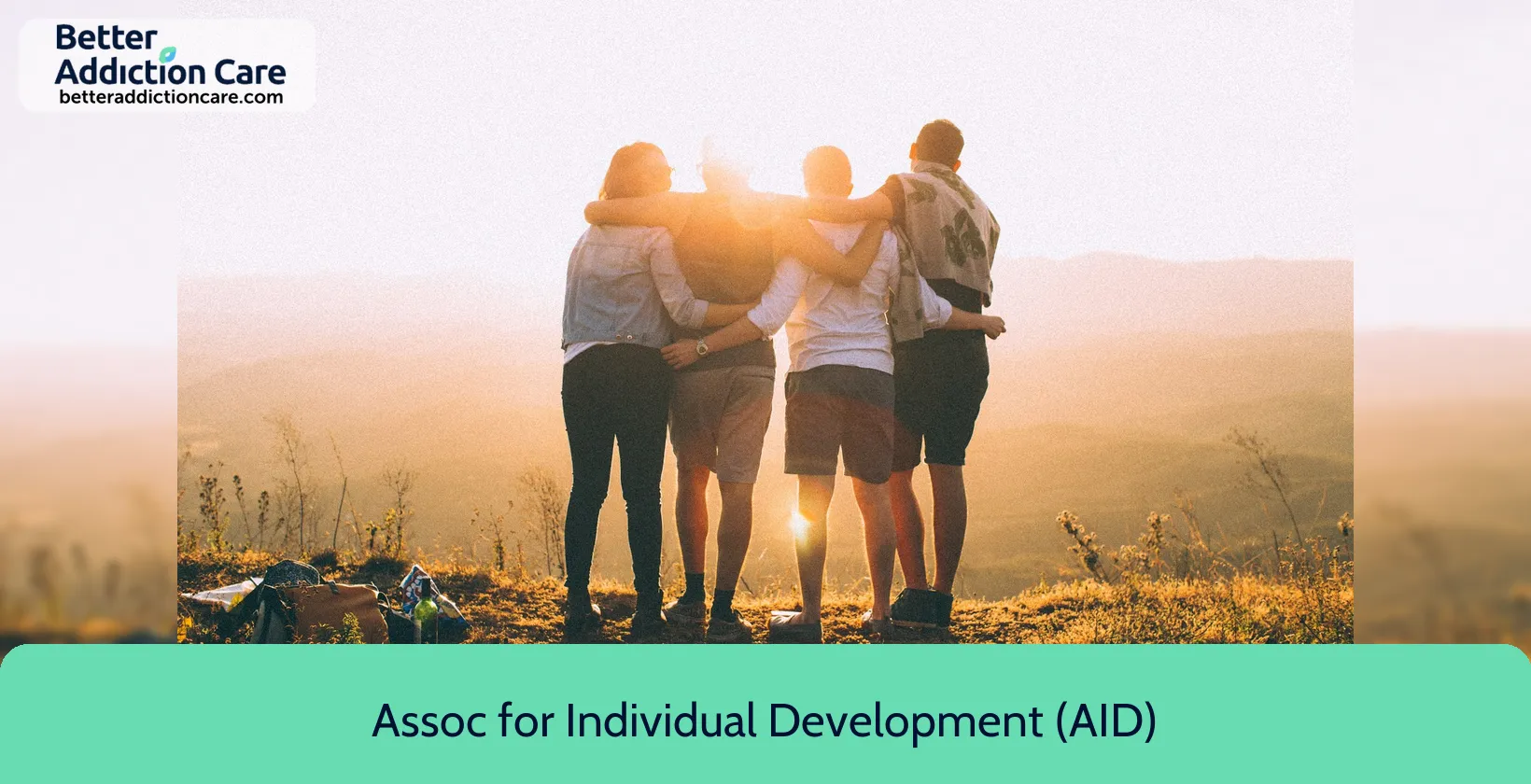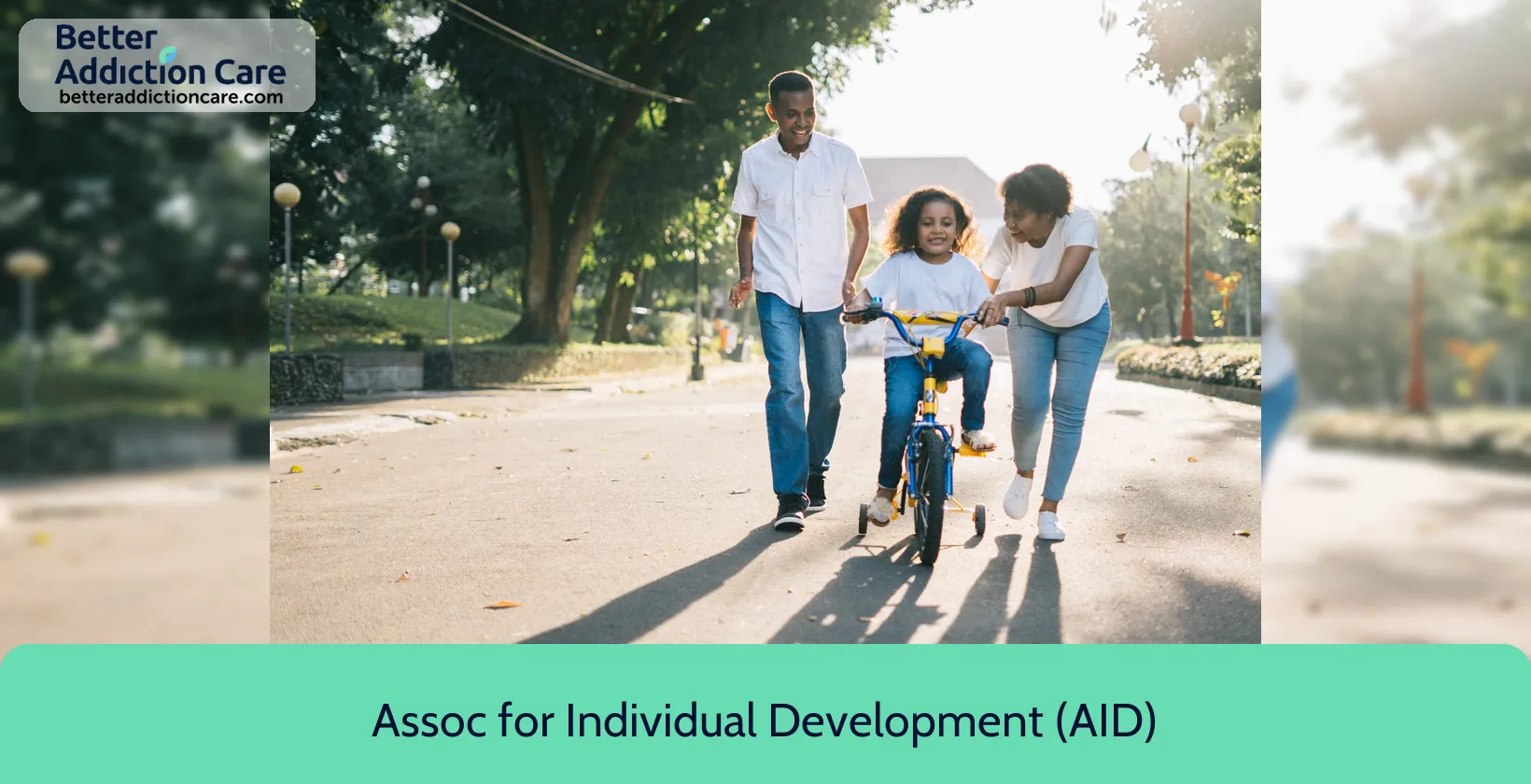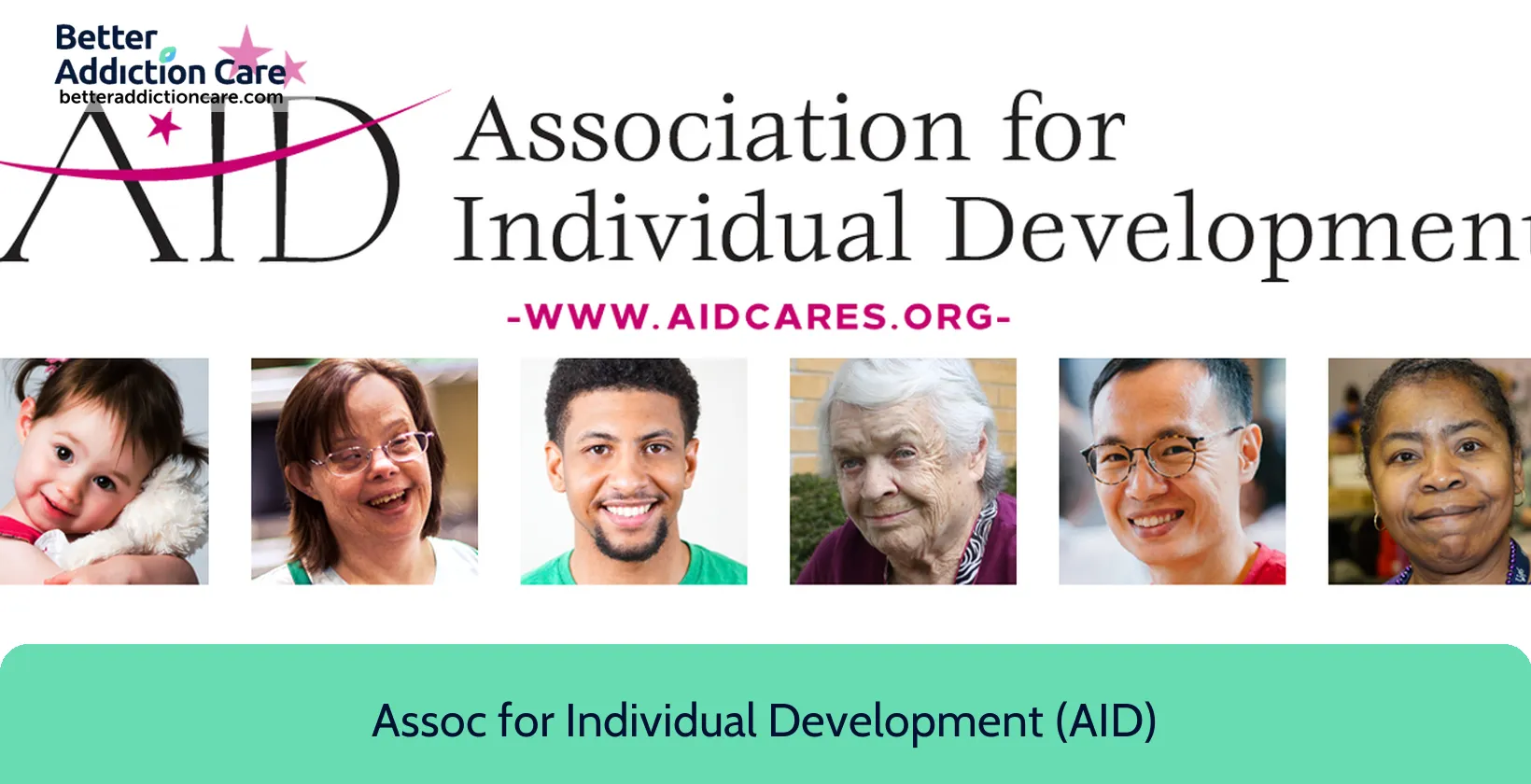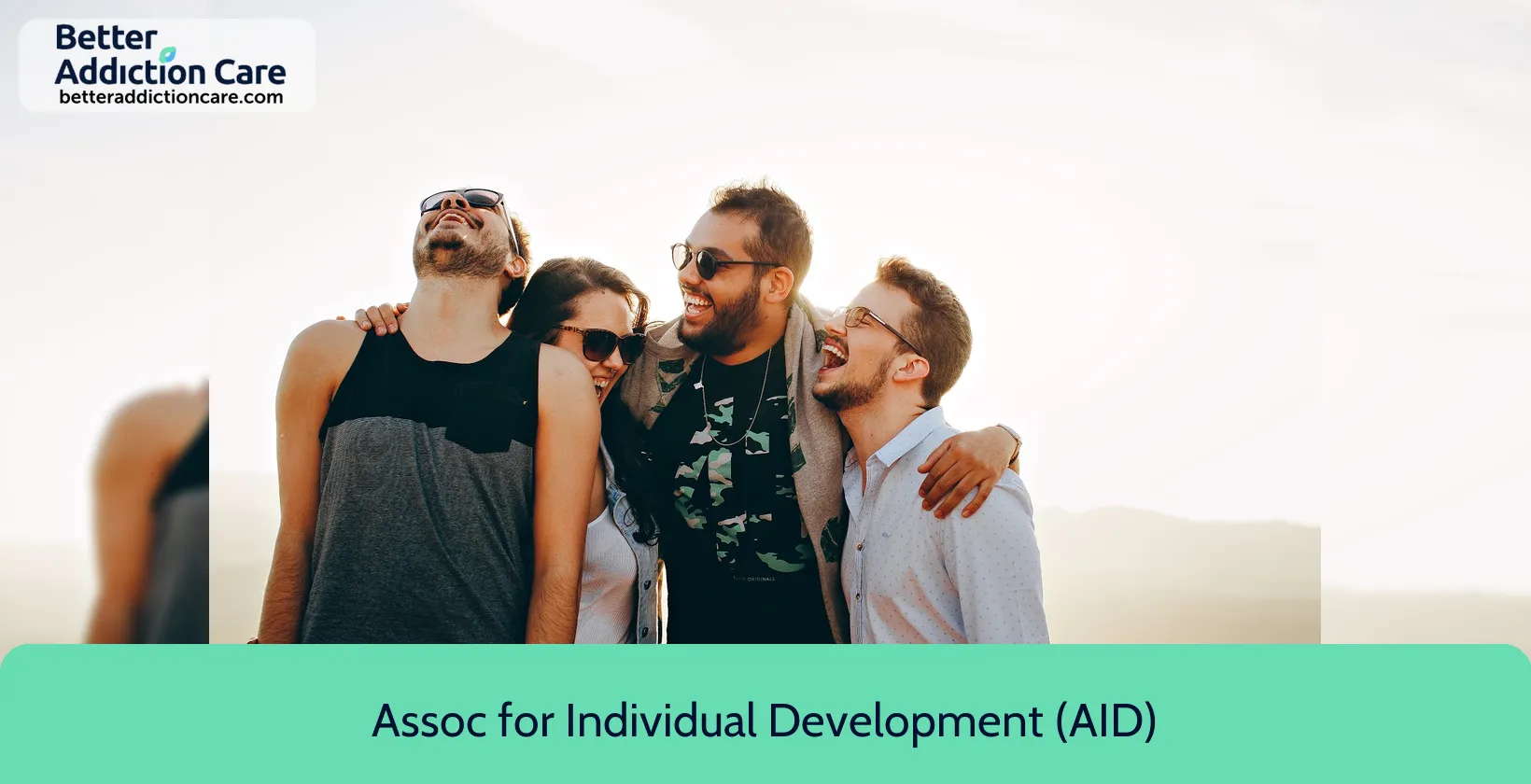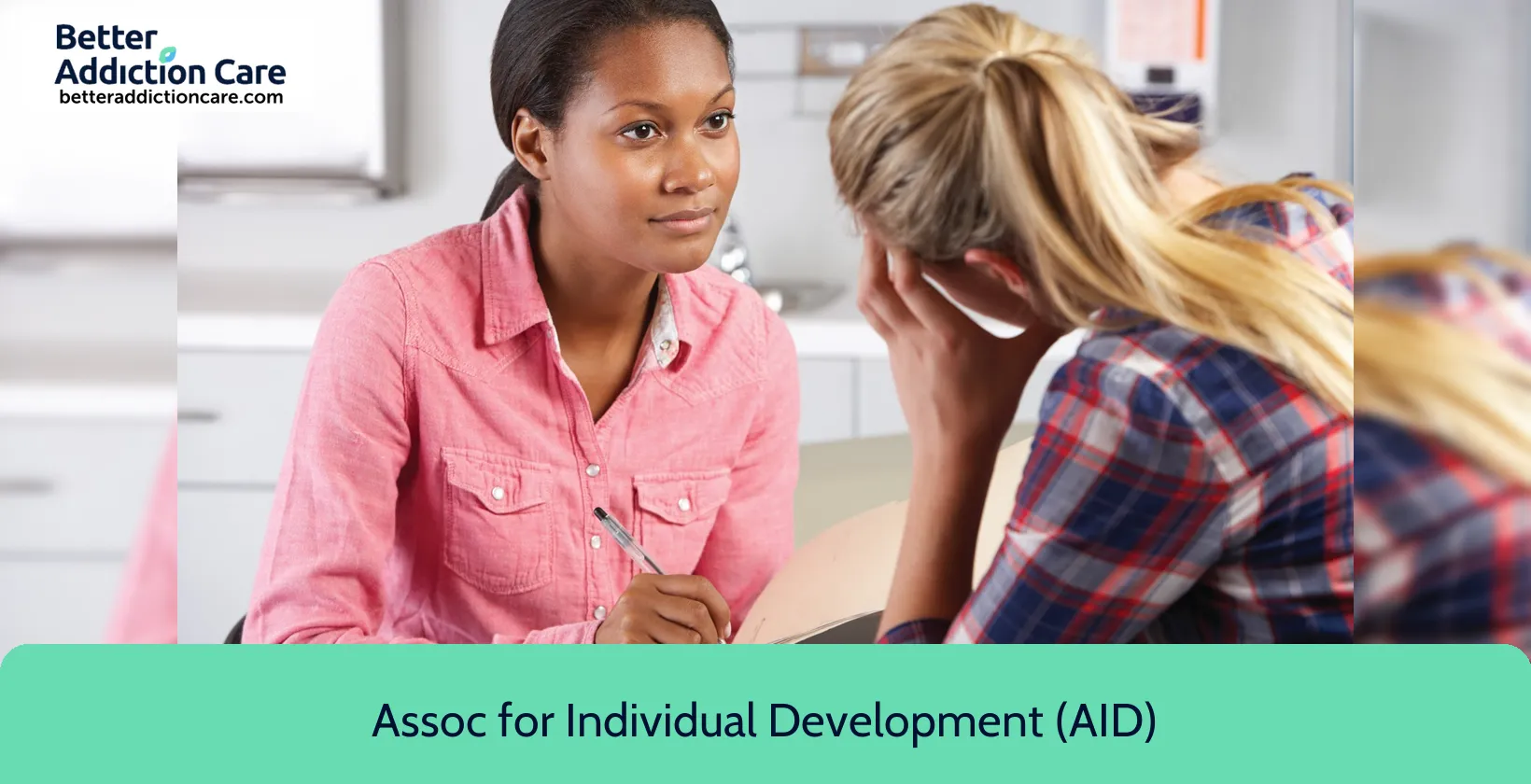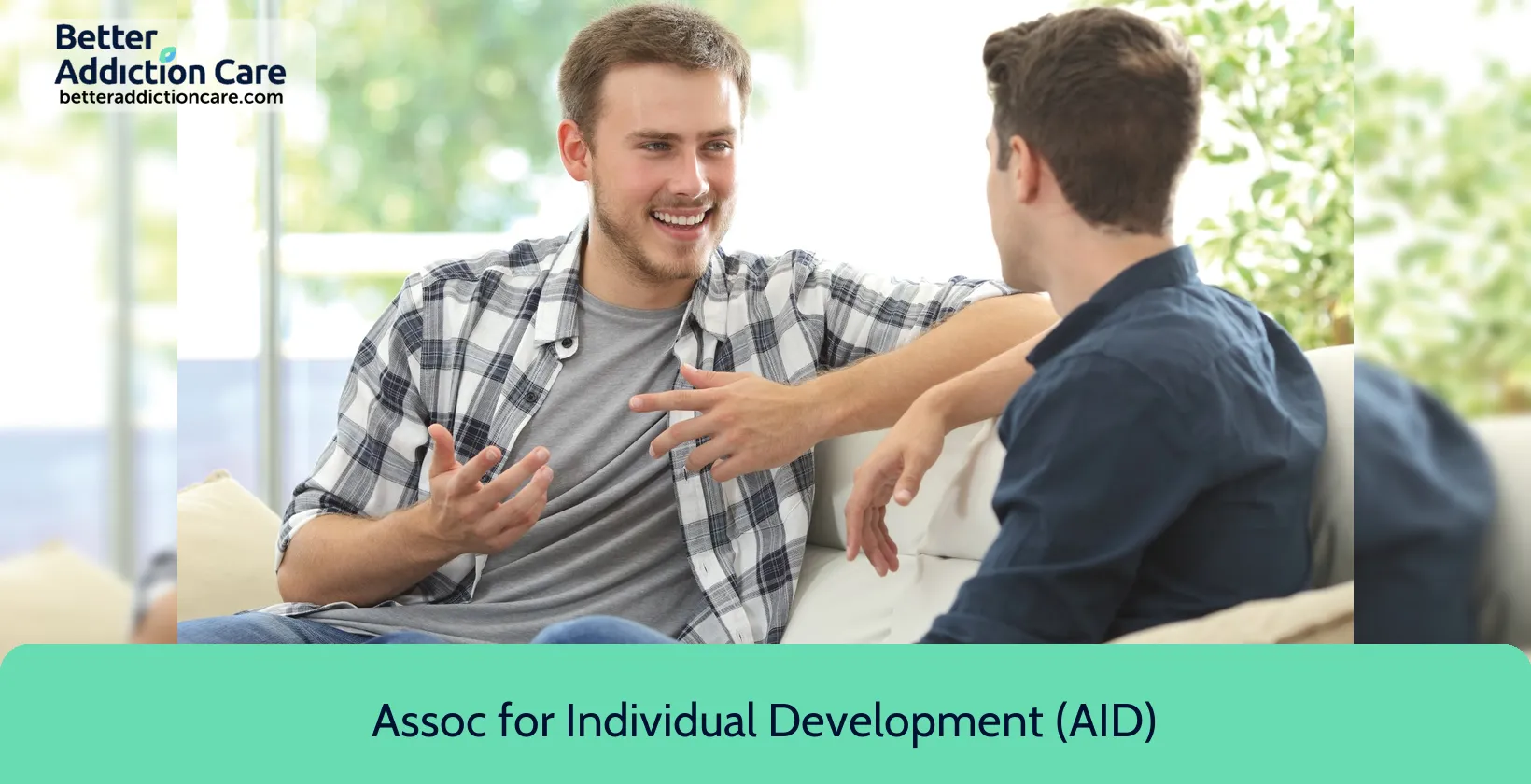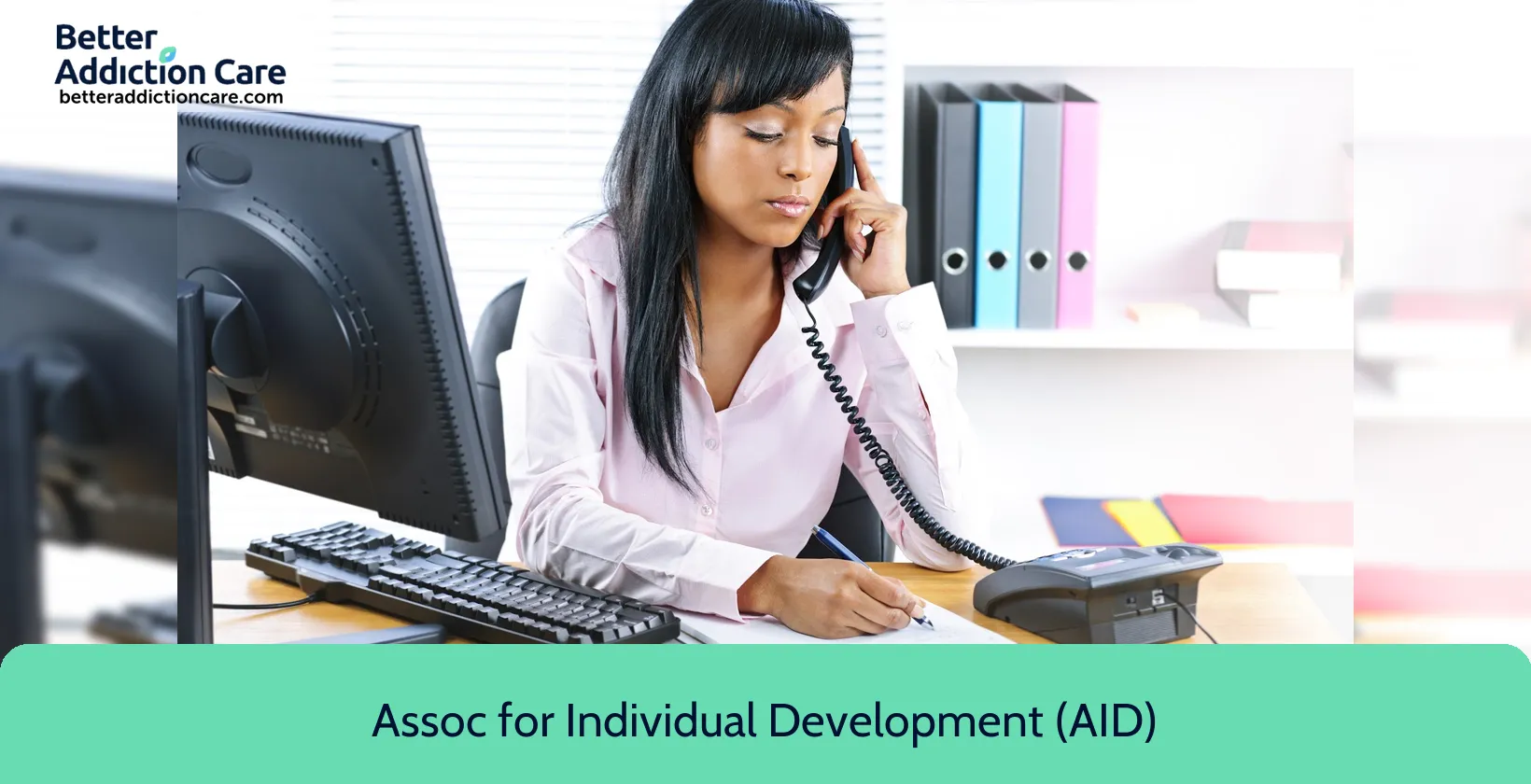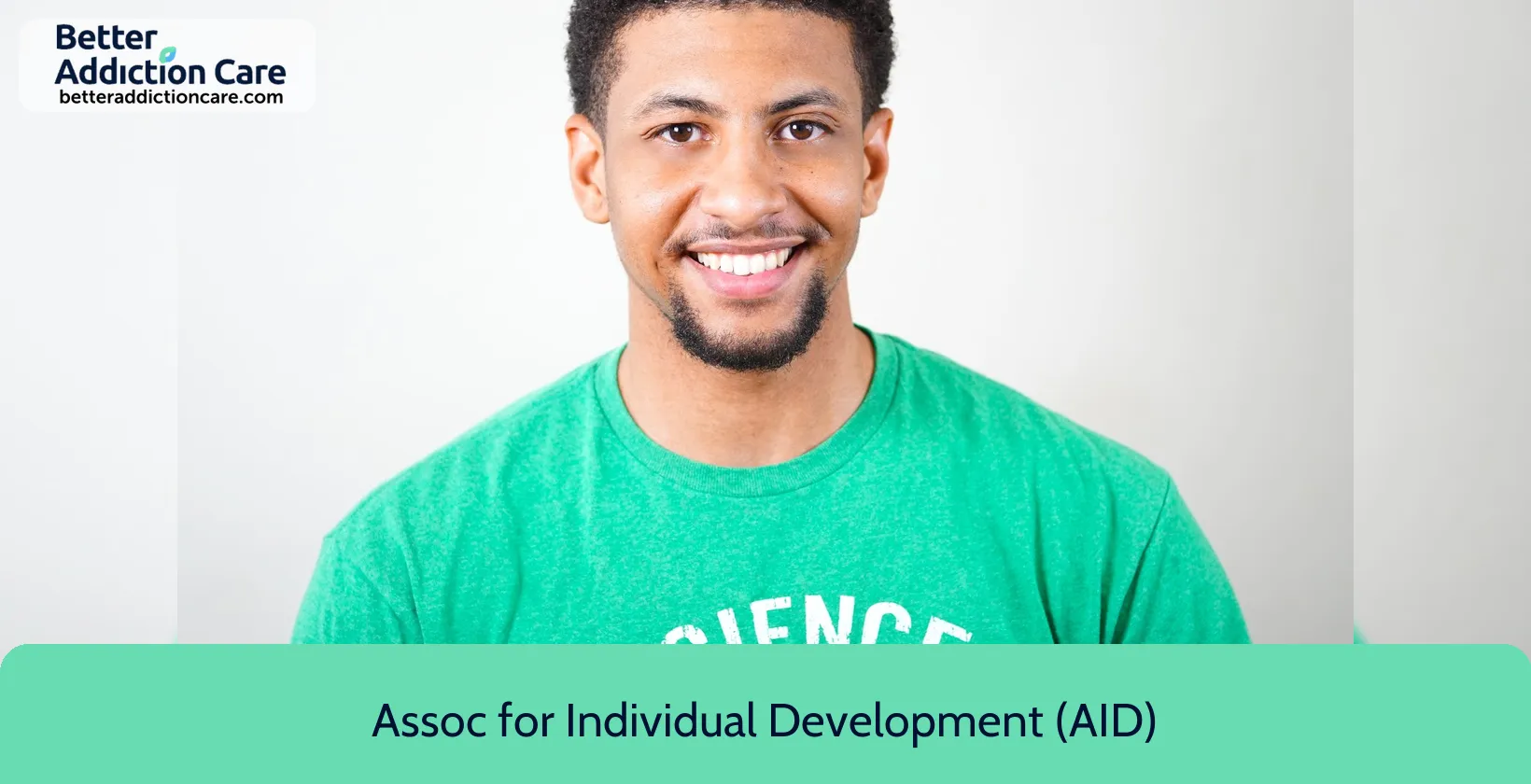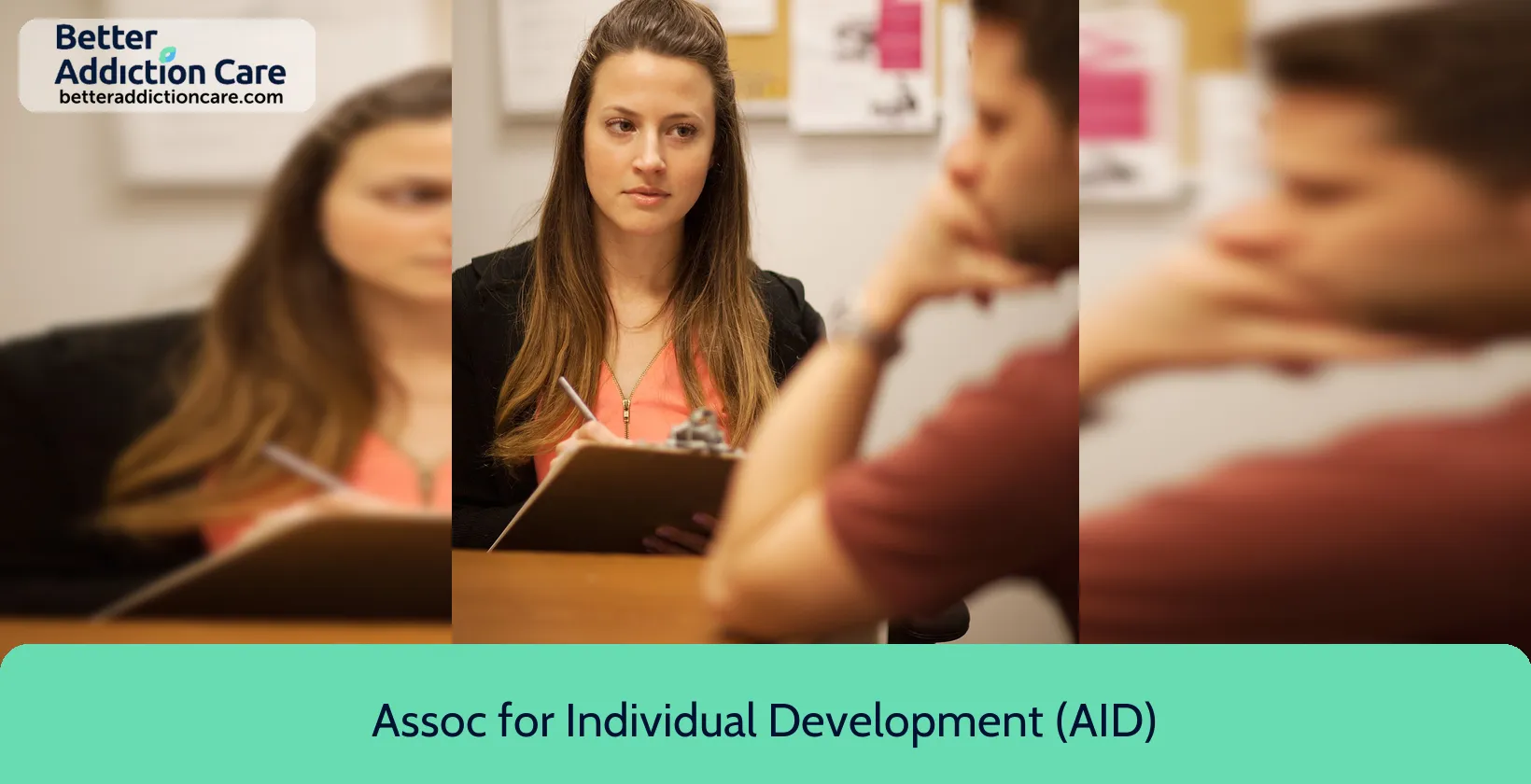Assoc for Individual Development (AID)
Overview
Assoc for Individual Development (AID) is a mental health treatment center for people seeking treatment near McHenry County. As part of their treatment modalities for recovery, Assoc for Individual Development (AID) provides couples/family therapy, group counseling, and cognitive behavioral therapy during treatment. Assoc for Individual Development (AID) is located in McHenry, Illinois, accepting cash or self-payment for treatment.
Assoc for Individual Development (AID) at a Glance
Payment Options
- Cash or self-payment
- Medicaid
- Private health insurance
- County or local government funds
- Sliding fee scale (fee is based on income and other factors)
Assessments
- Comprehensive mental health assessment
- Comprehensive substance use assessment
Age Groups
- Seniors or older adults
- Young adults
- Children/adolescents
- Adults
- Seniors
Ancillary Services
- Intensive case management
- Case management service
- Court-ordered outpatient treatment
- Family psychoeducation
- Legal advocacy
Highlights About Assoc for Individual Development (AID)
6.65/10
With an overall rating of 6.65/10, this facility has following balanced range of services. Alcohol Rehabilitation: 8.00/10, Drug Rehab and Detox: 6.00/10, Insurance and Payments: 6.00/10, Treatment Options: 6.61/10.-
Alcohol Rehabilitation 8.00
-
Treatment Options 6.61
-
Drug Rehab and Detox 6.00
-
Insurance and Payments 6.00
Treatment At Assoc for Individual Development (AID)
Treatment Conditions
- Mental health treatment
- Substance use treatment
- Co-occurring Disorders
Care Levels
- Outpatient
Treatment Modalities
- Couples/family therapy
- Group counseling
- Cognitive behavioral therapy
- Dialectical behavior therapy
- Integrated Mental and Substance Use Disorder treatment
Ancillary Services
Languages
- Spanish
- Other languages (excluding Spanish)
- Polish
Special Programs
- Clients with co-occurring mental and substance use disorders
- Veterans
- Active duty military
- Members of military families
- Clients with HIV or AIDS
Get Help Now
Common Questions About Assoc for Individual Development (AID)
Contact Information
Other Facilities in McHenry
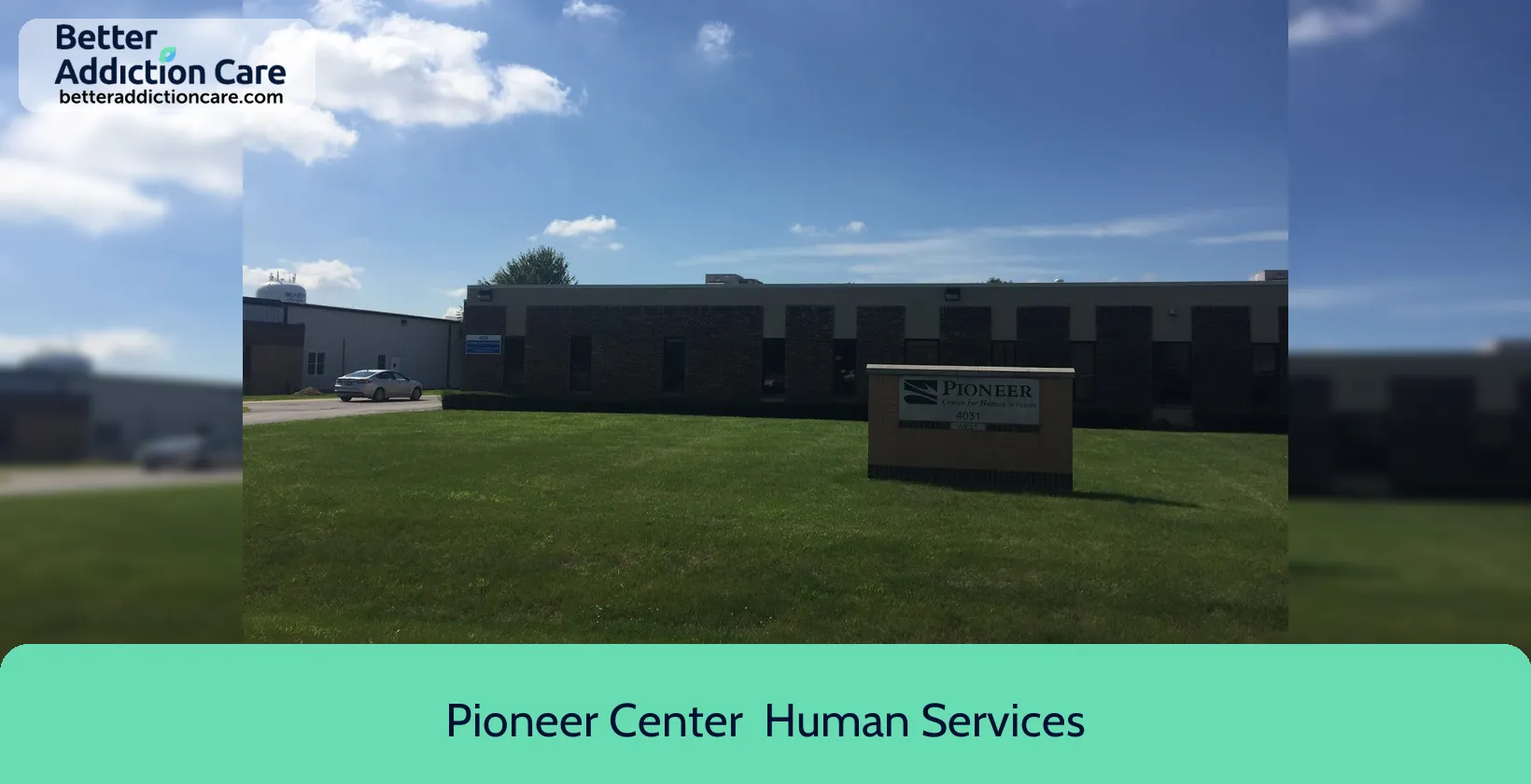
6.71
DISCLAIMER: The facility name, logo and brand are the property and registered trademarks of Pioneer Center - Human Services, and are being used for identification and informational purposes only. Use of these names, logos and brands shall not imply endorsement. BetterAddictionCare.com is not affiliated with or sponsored by Pioneer Center - Human Services.
